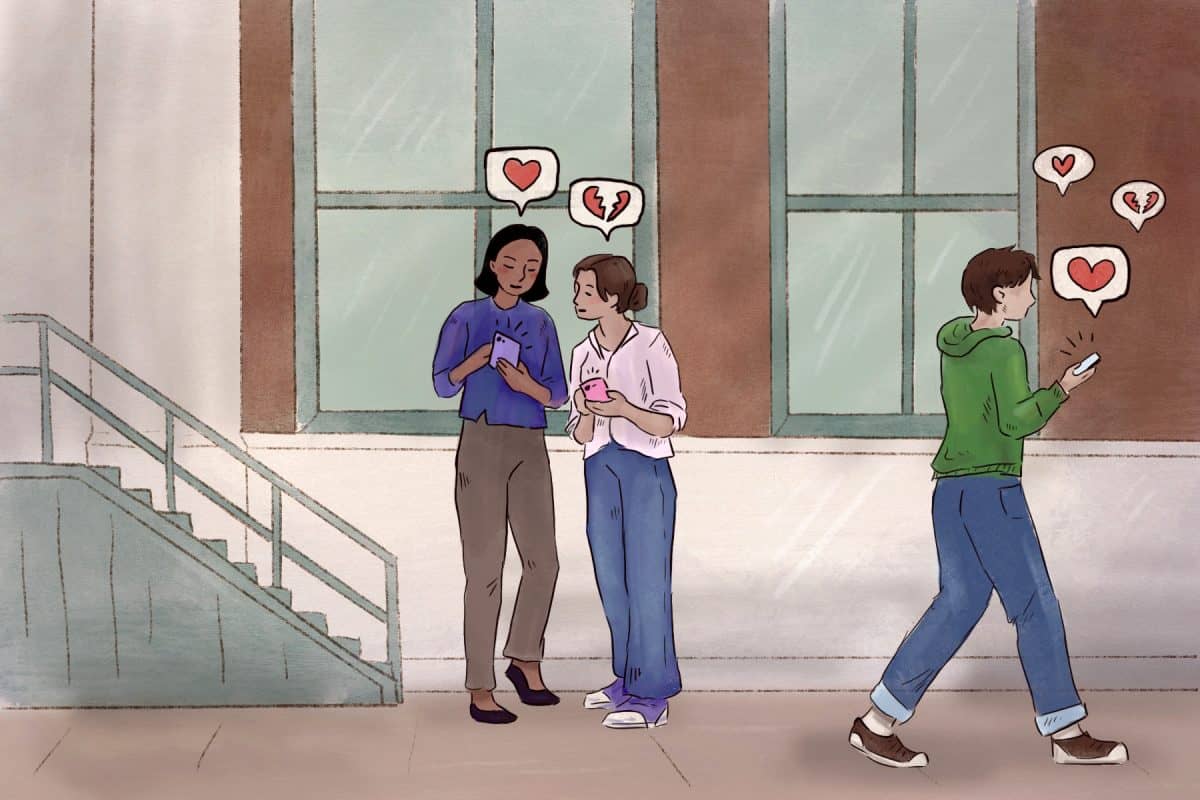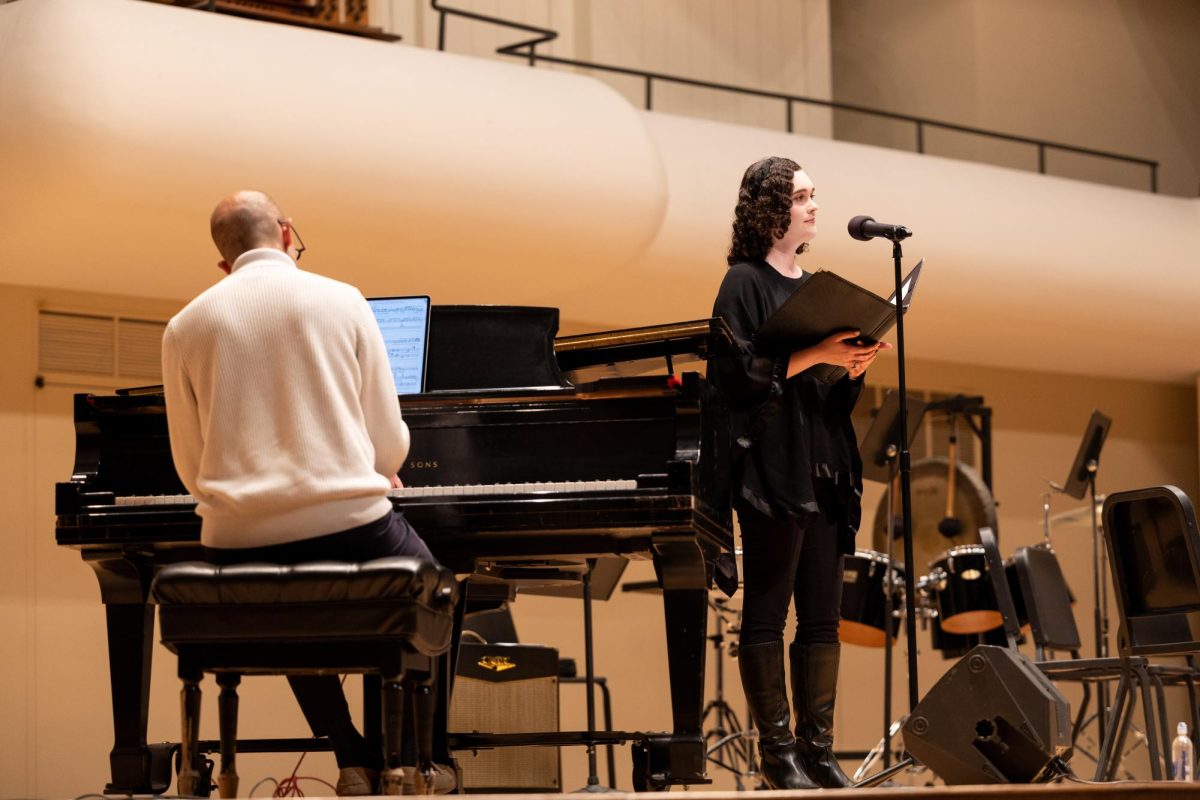Hookup culture is booming on college campuses, according to the National Library of Medicine 72% of sexually active college students reported participating in a hookup by their senior year, even though rates of adolescent sexual activity are down.
Hookups are becoming more and more common, but the phrase “hookup” remains difficult to define.
“I think it’s generally the idea that you’re not making a serious commitment in your relationship,” said Andy Coleman, a sophomore majoring in computer engineering.
One of the distinctions of hookup culture is its unique timeline. Hookups have the connotation of being short-term and low-commitment.
“With hookup culture, you’re really just in it for a few times, or maybe even one. No long-term commitment, you might not really even know this person or talk to them ever again,” Coleman said.
Josh Pederson, an associate professor and department chair of communication studies, researches communication in relationships. Regarding the timelines of hookup culture, Pederson said college students’ brains follow a specific path to rationalize the way they hook up
Pederson also said students recognize their newfound freedom and the fact that they’re meeting new people and trying new things and don’t feel a need to settle down or find “the one.” They’re happy to explore without serious commitment.
“The pressure of monogamy isn’t there, and because of that, it frees you up to do lots of things. College students have moved away from home for the first time. They have a chance to explore how they want to do relationships, rather than how other people want them to do relationships,” Pederson said.
The mentality of new beginnings combined with the environment of college, can create an atmosphere that lends itself to hookup culture. Pederson said that residential colleges with high involvement in Greek life, athletics, student organizations and drinking are all attributes of colleges that have more hookups.
Social media is now making it easier than ever to find romantic and sexual partners. According to the Pew Research Center, 53% of adults between the ages of 18 and 29 have used dating apps. For the first time in history, people can meet other people while sitting alone in the comfort of their homes.
According to the National Library of Medicine, hookup culture can stereotype participants based on their gender. 50% of women have reported experiencing sexual shaming compared to 20% of men.
“When you hear about women being involved in hookup culture, the first thing that comes to mind is ‘slut,’ ‘hoe,’ ‘skank.’ There’s so many things you can say about that. With men, I feel like it’s just the standard. It’s not even something that comes to mind,” Coleman said.
Catherine Roach, a professor of gender and cultural studies at UA, wrote a book titled “Good Sex: Transforming America Through the New Gender and Sexual Revolution.” Roach said that women can use hookup culture as a pushback against society’s narrow view of what is appropriate.
“Women may engage in casual sex to reclaim their right to define sexuality on their own terms,” Roach said.
While hookup culture might have negative connotations in the media, Roach said that people shouldn’t be so quick to generalize hookups as a negative thing.
“Hookup culture can be a way to explore your sexuality. It can offer pleasure and excitement,” Roach said.
While there are physical health risks regarding sexually transmitted infections, sexual assault cases, and mental health risks that are associated with sharing an intimate part of yourself with a stranger, the pop-culture generalization that all hookups are bad is inaccurate, Pederson said.
“There is some research that talks about the positive aspects of hookups. You’re building independence, you’re exploring, you’re understanding how to interact with people. There can be a lot of positives to it as well as all the negatives that we always hear about,” Pederson said.
Pederson said that the key to any relationship, hookup or long-term, is communication, but communicating mid-hookup can be awkward. Pederson explained that discussing likes and dislikes, boundaries and health conditions before hooking up is important to guarantee all parties enjoy and feel safe with what they are doing.
“We need to understand that sexuality is a healthy thing to have and it’s okay to exercise your sexuality in different ways,” Coleman said.









